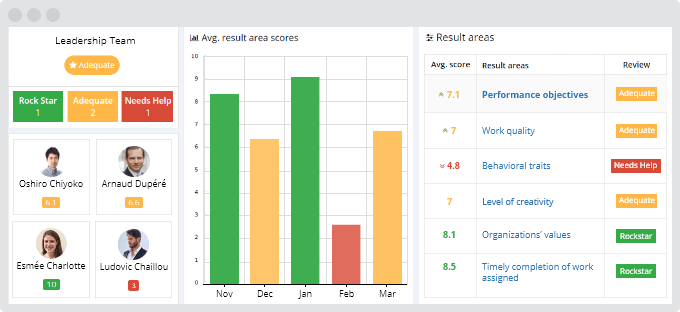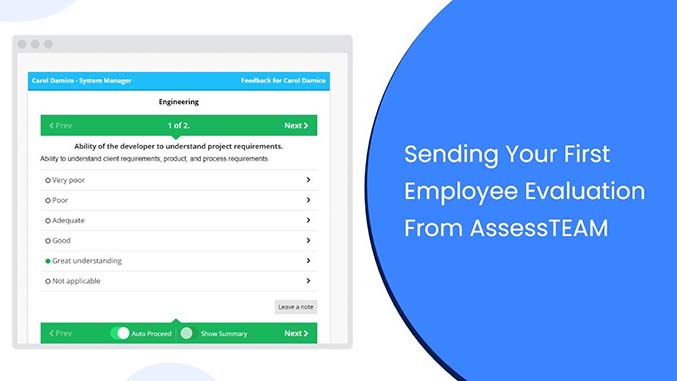Productive workers are the best assets any company has. They serve as the lifeblood of the business. Monitoring employee performance is a matter of setting the right performance indicators, based on the type of work they do as well as the responsibilities and tasks they perform to ensure the company’s continuous and successful operations.
Some of the key questions managers need to answer as they formulate employee performance measurement tools and practices include the following:
- Whether or not employees are meeting assigned objectives.
- Whether employees understand the company’s major goals and expectations.
Absenteeism
Is your employee coming to work regularly? This might appear to be very simple, but it is also considered one of the most objective measures you may use to track an employee for work where physical presence is essential. Excessive tardiness or absenteeism can impede other employees’ abilities to function rightly and harm your team’s trust and morale.
Timely completion of work assigned
Being effective does not merely mean being on time to work. It includes completing tasks efficiently and correctly. Employees show great dedication to their work by going above and beyond the call of duty to ensure deadlines are met. Employees who consistently deliver their work late or are chronically absent may be showing signs of low motivation or a clear disregard for their work. They are also not likely to meet performance objectives. Monitoring this aspect of your employees’ performance will help you address underlying issues that may be leading to this negative work attitude.
Work quality
Are employees able to complete tasks and projects on time and par with expected standards? The quality of your employees’ work is an essential indicator of their performance as well as a major basis for rewards or disciplinary actions. A good example of work quality includes achieving targets set up for manufacturing a certain number of units or finishing a certain number of cycles of a process without error and having to redo the work.
Behavioral traits
Monitoring your employees’ personal habits is likewise vital to employee performance measurement. Perpetual negative and disruptive behavior can have great adverse effects on their performance and their teammates’ general performance. To prevent this, you first need to identify and recognize bad habits and behaviors through proper monitoring and with the help of the right employee evaluation software.
Level of creativity
Creativity is one of the most critical points in evaluating employee performance. How often did the employee question basic assumptions about a problem and come up with a new solution? Did they think outside of the box and successfully take risks on their own? It is imperative to set up a system that keeps track of creative, well-informed risk-taking decisions and can identify and reward high performers in a meaningful way.
Ability to take ownership
In today’s business environment, a team that works towards delivering the company’s vision is critical for organizational success. An employee who takes ownership of assigned questions, as well as full ownership and responsibility for themselves and their actions, is a great asset. Promoting the right and ability to take ownership of individual job roles and responsibilities is the key to unlocking the capacity of every person in your team.
Client feedback
Customer satisfaction surveys are a useful tool to gauge employee attitudes towards work and level of customer service. Client surveys are vital in determining whether employees are representing your company well and meeting expectations.
Organizations’ values
Including your core values in the employee assessment process provides meaningful insight about how much employees are aligned to organizations’ values and its vision. The talent developed around your values is more likely to drive the next generation growth of the organization.
 Communication
Communication
Effective communication can make a big difference in task completion effort, simply by communicating on time and clearly an employee can save a lot of managerial time. Employees who communicate effectively are also good candidates for promotion.

 Communication
Communication

